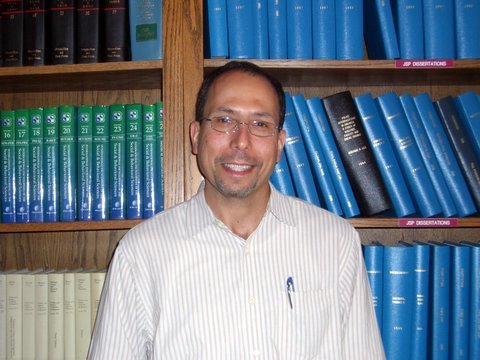Law and Empirical Studies, Signs of the Times
For anyone interested in the robustness of the current academic law interest in empirical studies, the scene in Boalt Hall's Goldberg room last Thursday was interesting. JSP's own Rob MacCoun (JSP and the Goldman School of Public Policy), www.law.berkeley.edu/faculty/profiles/facultyProfile.php?facID=239, gave a lecture/mini-workshop on quantitative analysis. I expected maybe 15 or 20 colleagus to show up. By my count more than 40 were in attendance. The lecture was superb and raised a lot of key questions about reading empirical findings in the now conventional regression table format that his becoming very common at job talks here at Boalt and elsewhere. Rob pointed out that quantitative research isn't really about numbers, but about concepts. Brilliant numbers cannot save a bone-head concept. Moreover, all numbers are vulnerable to error so that careful researchers seek to triangulate around their predictions.
Notice that such triangulation requires something totally non-statistical, i.e., a convincing story about what the output you are counting really means in context. Of course telling such a story requires theory and qualitative information about the entities emitting the numbers. This leads to Simon's first law of the new empirical order:
The race is not to the quantitatively swift but to those who can marry quantitative and qualitative data in the most creative and theoretically reflexive ways.

